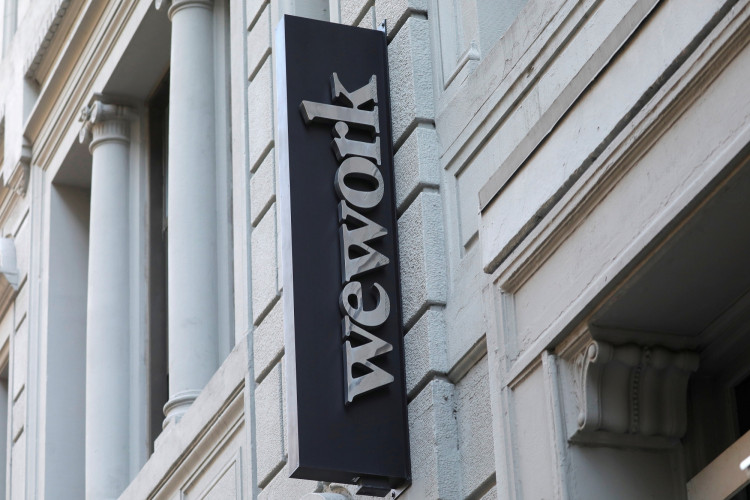Following its tumultuous journey, office space giant WeWork's fortunes continue to wane.
On Tuesday, US local time, WeWork issued a going-concern warning, noting its continued losses for the quarter ending June 30, 2023, along with a decline in memberships.
David Tol, WeWork's interim CEO, mentioned that an oversupply of commercial properties, intensifying competition in the flexible workspace sector, and macroeconomic fluctuations have all contributed to the increased rate of member churn and softer demand than anticipated, leading to a slight decrease in WeWork's membership numbers.
Interestingly, WeWork's financials are not all gloomy.
In Q2, WeWork posted a net loss of $397 million, with an operational deficit of $351 million and revenues of $877 million, marking a 4% year-on-year growth. When factoring in the $150 million net gain from lease terminations, WeWork's adjusted quarterly loss stands at $36 million, a relatively modest figure.
Over the six months leading up to June 30, WeWork's net loss was $696 million, which is a significant improvement compared to the $1.14 billion from the same period the previous year.
According to a statement from a WeWork spokesperson cited by Forbes, the company's revenue has increased from $593 million in Q2 2021 to $844 million in Q2 2023. Compared to four years ago, its pre-paid rent expenses have decreased by $1.27 billion, and its EBITDA has grown by $98 million year-on-year.
However, since its IPO in October 2021, WeWork has not turned a profit.
Additionally, by the end of the second quarter, WeWork's occupancy rate was 72%, a 1% decrease from the previous year. Interestingly, this 72% occupancy rate matches WeWork's performance in 2019. After the start of the pandemic, this number plummeted, only rebounding to similar levels last spring.
Despite this, the once-unicorn company still expressed significant doubt on Tuesday about its ability to continue operating, stating that its future hinges on the management's success in implementing liquidity and profitability improvement plans within the next 12 months.
This comprehensive plan includes reducing lease costs through restructuring and negotiating favorable lease terms; bolstering revenue by decreasing member churn and cultivating new sales; controlling expenses and limiting capital expenditures; and raising funds either by selling assets or issuing stock.
Following its own operating warning, WeWork saw its stock price plummet nearly 33% in after-hours trading on the US stock exchange, dropping to 13 cents per share. Based on a closing price of 21 cents, the office behemoth's market cap stands at a mere $447 million. At its peak, WeWork was valued at a staggering $47 billion.
This financial report comes five months after WeWork underwent debt restructuring. In March of this year, debt-laden WeWork reached an agreement with investors to reduce its debt by approximately $1.5 billion, extend the maturity dates of some bonds, and raise more capital.
By May, WeWork had completed the restructuring deal, slashing 20% of its principal debt. Some analysts suggest that this restructuring extended the maturity of most of its debt to 2027. However, the recent warning indicates that this restructure might not have been effective.
Beyond its financial issues, WeWork is grappling with a string of high-profile executive departures. CEO Sandeep Mathrani and CFO Andre Fernandez, both of whom were appointed during the company's challenging times, resigned in May. Additionally, three independent board members stepped down. The company announced on Tuesday that it's still searching for a suitable long-term CEO.
Once heralded as the epitome of an overvalued shared business model, WeWork's myth was shattered in 2019. During its IPO filing, the unicorn's scale of revenue and losses were both growing proportionally. After Softbank's Masayoshi Son removed Adam Neumann from the CEO position, WeWork embarked on a journey of recovery, constantly trying to rewrite its narrative.
On Tuesday, the company disclosed that with the support of backers like SoftBank and BlackRock, the 13-year-old WeWork currently operates 777 office locations in 39 countries and regions around the world. They boast around 906,000 workstations and 653,000 physical members, showcasing noteworthy achievements.




